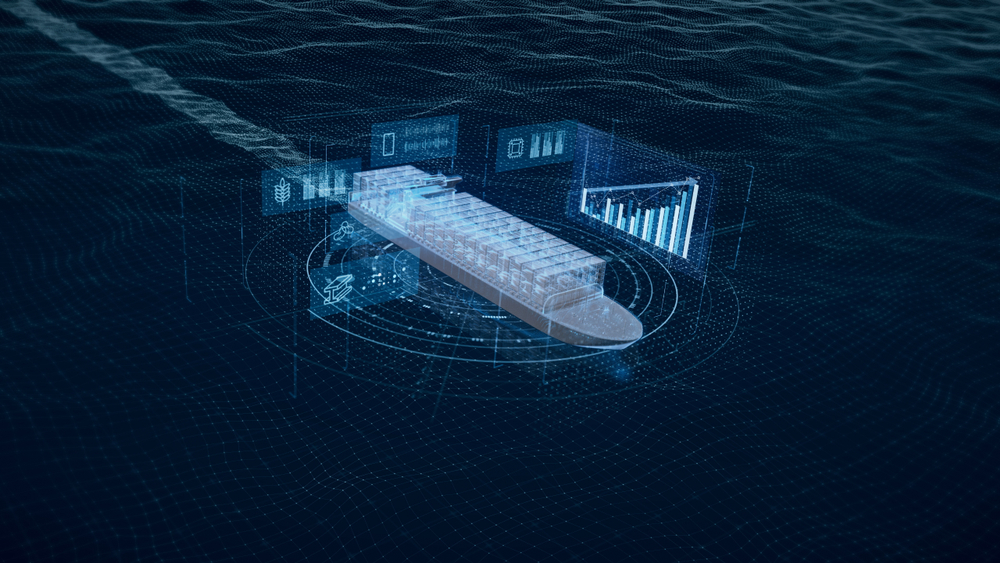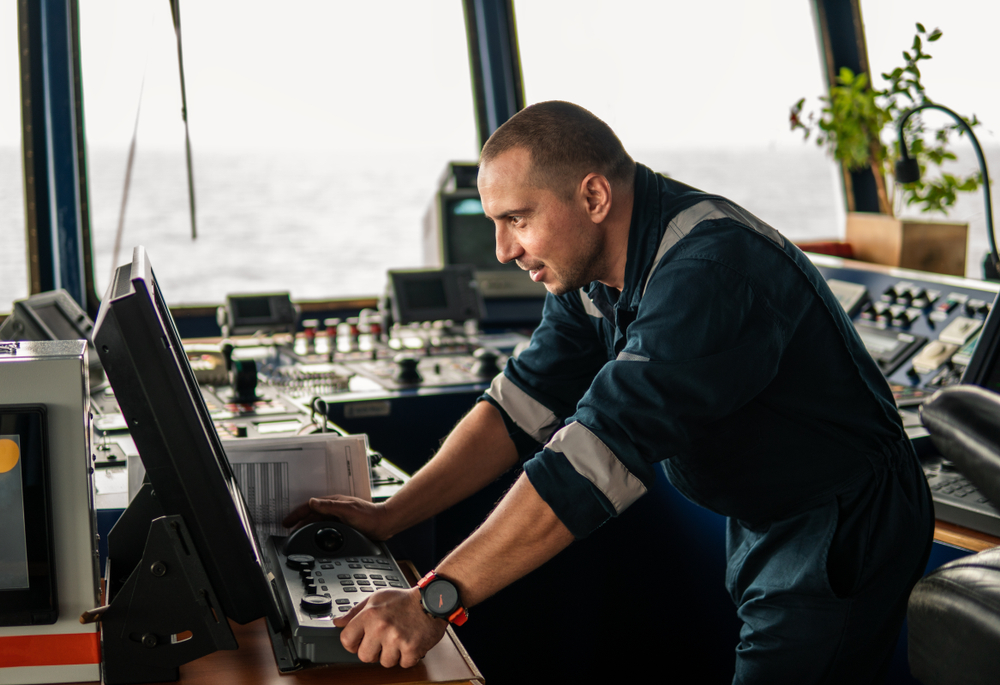
In a time of rapid technological advancements, seafarers are calling for a transparent, worker-led approach to integrating autonomous ships in commercial shipping.
A collaborative study by the Korea Maritime Institute (KMI), the International Transport Workers’ Federation (ITF), and the Korea Institute of Maritime and Fisheries Technology (KIMFT) emphasises that while autonomous ships offer a promising solution to various industry challenges, the expertise of maritime crews remains indispensable for effective decision-making.

The research, which involved in-depth interviews with 17 maritime professionals and their representatives, reveals that seafarers view the advent of Maritime Autonomous Surface Ships (MASS) as an opportunity rather than a threat. They believe these technological advancements can solve numerous problems in commercial shipping, from safety to environmental sustainability. However, they caution that for these changes to be effective, governments and companies must ensure that the technology is transparent and reliable.

“Developments in artificial intelligence are making the possibility of fully autonomous ships more real,” said ITF Seafarers’ Section Chair David Heindel. “These ships are already being tested, though most seafarers don’t envisage them becoming a practical reality for many years. What we are likely to see is a gradual process where levels of automation steadily increase. Far from considering this a threat to jobs, unions believe it is an opportunity to make shipping safer, with more skilled, better-quality work, putting the industry in a better place to tackle big issues like climate change.”

The study also projects a steady demand for maritime skills until at least 2040, despite the gradual introduction of automation. It emphasises that the industry must focus on immediate concerns such as seafarers’ health and safety, including access to clean water and appropriate training for new technologies.
Making the change to new technologies fair
Heindel emphasised that the maritime industry is at a critical juncture, facing transformative technological shifts alongside an imperative to transitioning to sustainable energy in light of the climate crisis. He advocated for including seafarers’ insights, arguing that a just transition led by workers is essential. By leveraging their hands-on expertise and daily experiences, we can ensure that technological advancements uphold and even improve working conditions at sea.

“As all parties come to grips with the changes required in regulations and ship operation, and the skills that will be needed, it is crucial that we include the voices of those who will be expected to make the new technology work,” said Heindel.
The report was presented at the 107th session of the International Maritime Organization’s (IMO) Maritime Safety Committee, setting the stage for discussions on the competencies required for remote ship navigation and other emerging roles.
Click here for more feature stories in Samudra.



